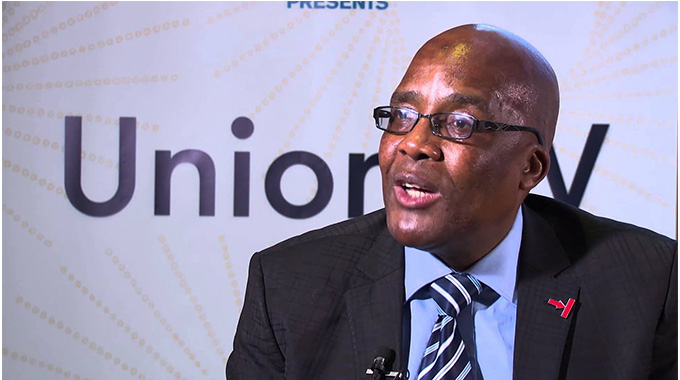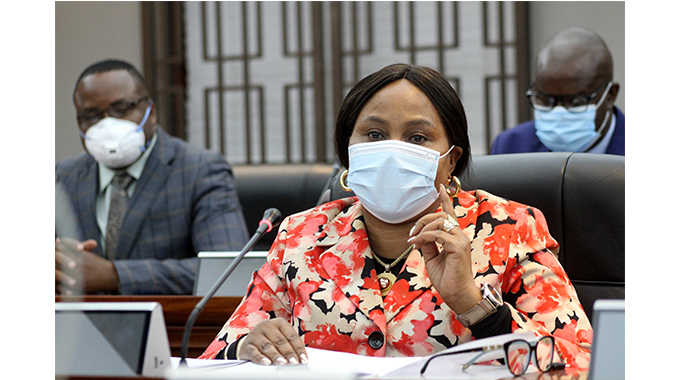Zifa failing local clubs on contracts

Sikhumbuzo Moyo, Acting Sports Editor
ON April 7 this year, world football governing body, Fifa released the following statement following the disruption of football as a result of the outbreak of the Covid-19 pandemic: “Following the unprecedented disruption caused by Covid-19 at all levels of football, Fifa has worked on a series of recommendations and guidelines to address some of the key practical issues arising from the pandemic, especially with regard to player contracts and the transfer system generally.
This has been done in consultation with different stakeholders through a taskforce chaired by the Fifa vice-president and chairman of the Fifa football stakeholders committee, Vittorio Montagliani, and including representatives of clubs, players, leagues, national associations and confederations.
A set of principles has been unanimously agreed by the taskforce and was endorsed by the bureau of the Fifa council today.”
Fifa president Gianni Infantino was also quoted in the same statement saying the Covid-19 pandemic had clearly changed all the factual circumstances around football for this season. Fifa, together with the stakeholders, said Infantino, had come up with some practical ideas and proposals to tackle these new circumstances adding that while the proposals will not solve each and every problem, it should serve to bring a measure of stability and clarity to football for the foreseeable future.
One key proposal was on the issue of player contracts which were expiring before the end of the season or the start, when there was no football being played after Governments announced total lockdowns, including coming up with stringent travel arrangements.
“Expiring player contracts usually end when the season ends, with a termination date that coincides with the end of the season. With the current suspension of play in most countries, it is now obvious that the current season will not end when people thought it would. Therefore, it is proposed that contracts be extended until such time that the season does actually end. This should be in line with the original intention of the parties when the contract was signed and should also preserve sporting integrity and stability.
A similar principle applies to contracts due to begin when the new season starts, meaning the entry into force of such contracts is delayed until the next season actually does start,” said Fifa.

Gianni Infantino
The whole idea was to have a win-win situation between the clubs and their employers, here referred to as players. A contract is entered on the understanding that each party will play its part, players providing their services through playing football and the clubs rewarding players solely for that, playing football. Fifa said that since most contracts usually expire when the season comes to an end, it was being proposed that such contracts be extended to such a time that the season does actually end and this mainly affected those leagues that run from August to June.
Cognisant of that Fifa also said a similar principle applies to contracts due to begin when the new season starts, meaning the entry into force of such contracts is delayed until the next season actually does start. This is where countries like Zimbabwe come in.
Zimbabwean clubs could have chosen not to pay salaries for their players on the basis that our season was and indeed is yet to commence but on humanitarian grounds, most if not all clubs continued to meet their end of contractual arrangement even though the players were not meeting theirs albeit not of their own making.
Fifa made it clear that individual associations must therefore come up with their own tailor-made arrangement that protects both parties and one would have expected Zifa to have done just that but alas, they didn’t or are yet to.
A number of clubs, both in the Premier Soccer League and lower Divisions, will lose a sizeable number of players come end of the year, players leaving as free agents despite the fact that throughout the year the clubs were paying them salaries.
All that Zifa ought to have done, which they still can do, is to declare that all contracts that are running out in December 2020 are thus automatically extended to December 2021, especially where a club never stopped remunerating its players.
This is all that Zifa needs to and must do. It is a fact that football wasn’t played. Felton Kamambo, the Zifa supremo this week told our Harare Bureau that they were looking at the season starting in February next year, rendering 2020 none existent. He should therefore, together with members of his executive committee, do the honourable thing and protect these clubs, who by the way are their affiliates.










Comments